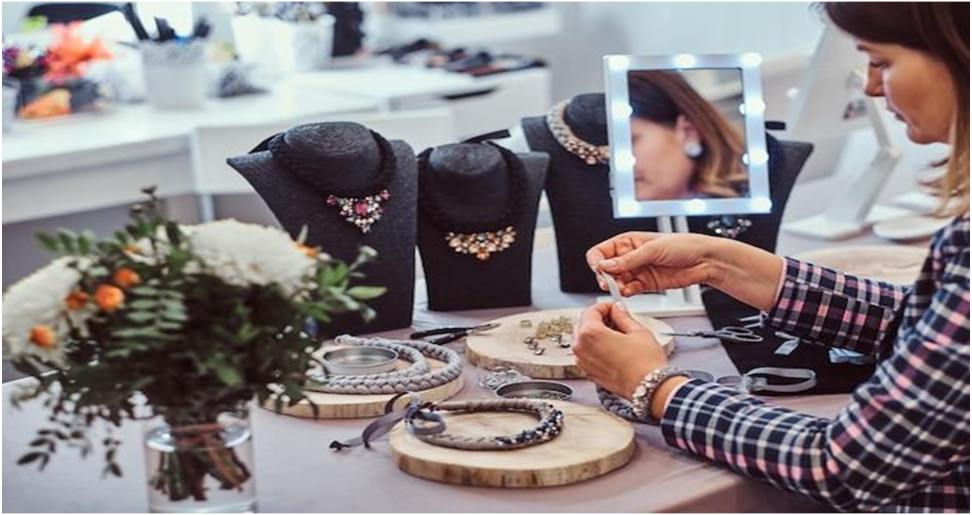Estate jewelry often holds sentimental value beyond its materials. Take time to learn the backstory behind meaningful pieces, such as wedding rings or heirloom pieces handed down for generations. Documenting this provenance adds context valuable to potential buyers seeking one-of-a-kind finds with a personal history. Photos alongside details like the original owner, occasion, era, and any professional appraisals create an engaging narrative for online listings or estate sales. This storytelling humanizes the transaction and justifies premium pricing for special jewelry.
When a loved one passes away, the estate planning process can bring up mixed emotions as families sort through personal belongings. Valuable jewelry inherited from a relative provides an opportunity to both honor their memory and acquire liquid assets. However, determining an estate jewelry’s true worth involves more than glancing at the metal and gems. Proper research and evaluation help sellers maximize value when marketing unique pieces.
Promoting Estate Jewelry to Qualified Buyers
Once research establishes a jewelry’s worth, the next step involves promoting unique pieces to buyers interested in building personal collections or reselling at a profit. Networking within the estate jewelry community exposes items to the most qualified potential purchasers.
Estate and consignment jewelry specialists operate both brick-and-mortar stores and online marketplaces catering directly to this niche. Experienced dealers understand the intricacies of evaluating, authenticating, marketing, and selling unique pre-owned pieces. Consigning through a reputable shop grants access to their clientele while allowing the dealer to handle transactions and provide cash advances against future sales. Sellers receive payment once items find new homes minus any commission fees.
Handling Transactions with Integrity
Complete trust between buyers and sellers concludes successful estate jewelry transactions. Integrity protects parties on both ends of each sale. When marketing family heirlooms, representatives speak for deceased loved ones and their reputations.
Clearly communicate policies upfront including accepted payment methods, shipping/insurance costs, and return windows. Reputable sellers only accept certified funds like cashier’s checks, money orders, or PayPal to avoid chargebacks. Insured shipping through major carriers holds delivery services accountable for item protection in transit.
Authenticating claims requires substantiation to prevent fraud. Provide documentation like appraisal reports during negotiations rather than unverifiable verbal assurances which could undermine listed values. Allow extra photography and independent examination upon request. Complete disclosure maintains integrity where sentiment meets commerce.
Liquidating Assets with Strategic Patience
Rare and exceptional estate jewelry holds value as tangible investments, especially as markets fluctuate. Rather than offloading the entire collection hastily, strategic patience often realizes maximum returns. Piercing unique items allows for reserving especially notable designs for potential future appreciation.
Researching jewelry market trends spots emerging styles poised to ascend in coming years. Antique motifs from Art Deco through Retro Modern eras tend to cycle in popularity. Forward-thinking sellers keep unusually large or spectacular pieces aside from initial sales waves when demand and interest peak cyclically.
Conclusion
With empathy and acumen, estate jewelry purchasing transfers emotional meaning alongside commercial worth. Professionals maximize opportunities through nuanced understanding, candor, and priority of relationships. Heirs gain practical assistance accompanying sensitive transitions respectfully. Jewelry’s significance permeates, energizing lives in commemorating histories and individuals spanning generations. Sensitivities surface but compassion
Read more:
- How Long Is Schooling For Real Estate?
- How To Clean Suede Couch – A Complete Guide
- What Are The Disadvantages Of Seller Paying Closing Costs? A Closer Look

